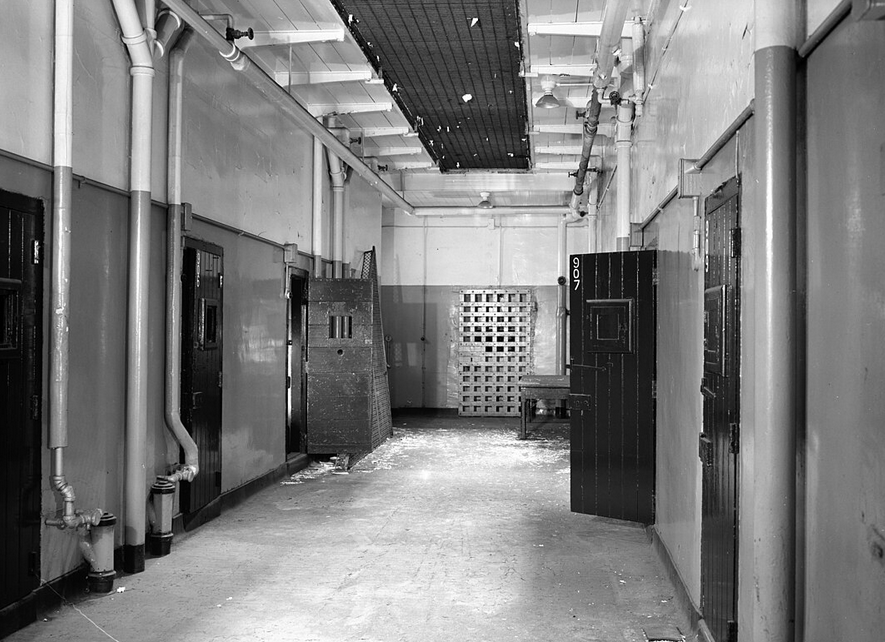Georgia Conflict Center's online blog, where we share reflections, interviews, and articles related to restorative justice and restorative practices.
).png) Transformative Effects of Restorative Practices
Transformative Effects of Restorative PracticesA career educator reflects on his personal and his school's transformation
Read More → The Gift of GCC Training and Whole-School Change
The Gift of GCC Training and Whole-School ChangeClarissa Gonzalez shares the impact that GCC whole-school restorative practices implementation training has had on her Nevada school.
Read More →
A recent piece from The New Yorker which highlights Leigh Goodmark, a professor at the University of Maryland who advocates for the decriminalization of domestic violence. Though this sounds like a radical position, the article shows statistics that suggest there is merit in an approach that does not involve mass incarceration.
Read full article (LINK OPENS IN A NEW TAB) →
Schools that implemented Restorative Practices saw a staggering 35% reduction of student arrests in school, and a 15% reduction in out-of-school arrests (the University of Chicago Education lab).
Read full article (LINK OPENS IN A NEW TAB) →
The Bronx community center is one of 16 organizations in New York City receiving a combined $6.5 million over the next year for programs to bolster public safety using restorative justice — a philosophy that aims to build community and mediate arguments through conversation, rather than through discipline or criminal charges. It’s sometimes used as a way for crime victims and perpetrators to make peace. But it can also be used as a tool to help people feel comfortable having difficult discussions. Some New York City school administrators, court officials and nonprofits are already using restorative justice to mediate disputes.
Read full article (LINK OPENS IN A NEW TAB) →